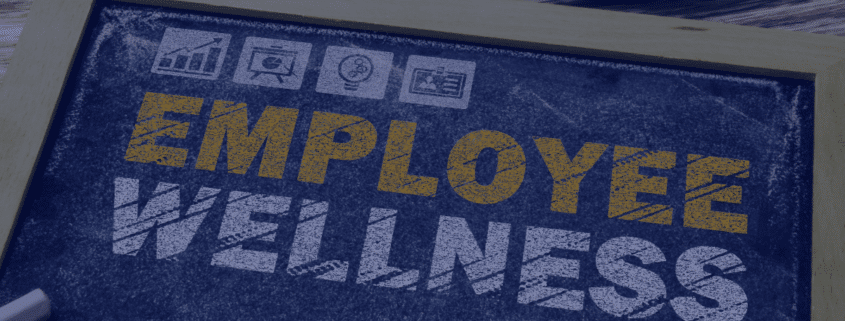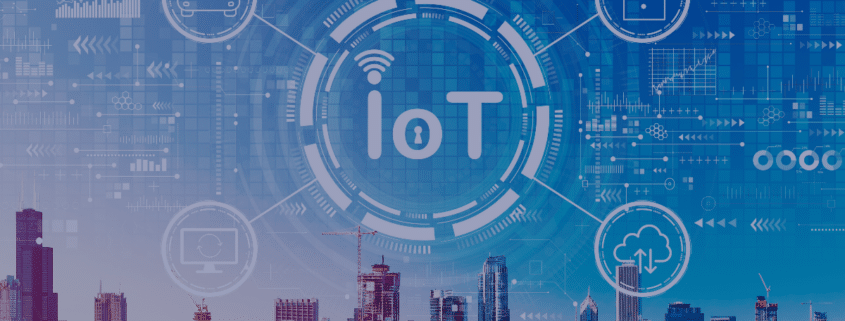Seeking a Healthy Workplace: Red Flags and Green Lights for South African Job Seekers
Job seeking in South Africa is more than just about ticking the boxes of qualifications and experience. With the recent surge in conversations around workplace wellness and mental health, it’s clear that the dynamics of employment are shifting. Sure, a great salary and bonus structure is tempting, but is that really all you should be after? This blog dives deep into what you should look out for during your job search process and will identify the red and green flags of workplace wellness in South Africa.
Workplace Wellness: Why Should You Care?
With the pandemic continuing to impact the way we work, and the “Great Resignation” sending shockwaves across industries, it’s never been more important to focus on workplace wellness. Mental health, work-life balance, and corporate culture are increasingly making headlines in HR news. Companies are realising that for sustained growth and productivity, a healthy workforce is non-negotiable. So, let’s zoom in on some red flags and green lights you should watch for during your job-hunting journey.
Red Flags
Overemphasis on Long Hours.
When a company romanticizes the notion of burning the midnight oil, it’s not just hinting at a culture of overwork; it’s actively promoting it. Long hours typically lead to decreased productivity, increased mistakes, and higher rates of burnout.
In South Africa, with its ongoing socio-economic challenges, many people feel the pressure to accept such conditions just to have a job. The impact is often felt the hardest on family life and personal well-being. The country already has a high rate of lifestyle-related health issues like hypertension and diabetes. An overwork culture just adds fuel to this fire.
High Employee Turnover.
A revolving door of employees is usually a clear indicator that something is off within the company. High turnover can be due to many factors, including poor management, inadequate compensation, or a toxic work environment. This instability can also impede your career growth and lead to a constant feeling of job insecurity.
Given the high unemployment rates in South Africa, you may feel compelled to overlook this red flag. But remember, high turnover is often a sign of systemic issues that could affect your long-term career trajectory and mental well-being.
Lack of Diversity.
In the 21st century, a lack of diversity is not just outdated; it’s a sign that the company isn’t aligned with global standards of equality and inclusion. Such a work environment can often feel isolating and may not provide equal opportunities for career growth.
Diversity and inclusion hold special significance in the rainbow nation, where the history of apartheid and ongoing socio-economic disparities make these issues even more poignant. A lack of diversity in a South African company is a red flag not just for individual job seekers but also for the nation’s broader quest for social equality.
By carefully considering these red flags during your job search, you’re not just looking for a place to earn a paycheck. You’re scouting for an environment where you can grow professionally and personally. So be savvy, be discerning, and remember: you’re not just choosing a job, you’re choosing a lifestyle.
Green Lights
Understanding what makes a company an ideal place to work is just as crucial as knowing what to avoid. Let’s delve into why these green lights should make you consider sending in that job application.
Employee Wellness Programs
A company that provides employee wellness programs signals that they view employees as whole individuals, not just cogs in a machine. These programs can range from free health check-ups, stress management workshops, to even having a fitness centre on-site. These initiatives contribute to overall job satisfaction and a more sustainable work-life balance.
South Africa has a mixed bag of lifestyle-related health challenges, from high rates of obesity to mental health issues. Companies that offer wellness programs are better aligned with South Africa’s current health focus and are more likely to contribute positively to society at large.
Flexible Work Options
The traditional 9-to-5 is rapidly becoming obsolete, thanks to technological advancements that allow for more flexible work arrangements. Companies that offer flexibility in terms of work hours or location show that they’re attuned to modern needs and respect the individual’s work-life balance.
In a country still grappling with issues of long commutes, public transport challenges, and the desire for work-life balance, flexible work options can be a blessing. These companies show that they are in tune with the realities of everyday life in South Africa.
Career Development Opportunities
Continuous learning is essential for career longevity. Companies that invest in the training and development of their staff show a commitment to nurturing talent, not just extracting value from it.
In a rapidly developing economy like South Africa, the skills of yesterday might not suffice for the jobs of tomorrow. Companies offering strong career development programs show that they’re invested in the future, not just the present.
Finding a company that showcases these green lights doesn’t just bode well for your immediate job prospects; it shows that your potential employer views you as an asset worth investing in. For them, you’re not just filling a role; you’re a vital part of their long-term vision.
The Modern South African Workplace.
These red flags and green lights are particularly important in the South African context, given the labour market’s current challenges and opportunities. Rising unemployment rates mean that competition is fierce, making it even more critical to select workplaces that will offer more than just a paycheck. Issues of workplace diversity, inequality, and the push for localized skills development are dominating HR headlines. You don’t just want a job; you want a role that offers you an enriching environment conducive to both personal and professional growth.
Why MASA?
That’s where we at MASA come into play. We’re not just about filling job vacancies. We’re about ensuring a holistic fit for both the employer and the job seeker. Our thorough vetting process, extensive industry expertise, and comprehensive support services ensure that you don’t just find a job, but a fulfilling career. A workplace should be a second home, not a battle arena. If you align with a company’s culture, mission, and vision, you’re more likely to find happiness and success there.
Ready to find that dream job with the perfect balance of work and wellness? Don’t miss out on an opportunity to explore fulfilling job options that resonate with your career goals and lifestyle needs. Visit MASA’s home page now to discover how we can help guide you through this important journey. Because at MASA, we’re not just about staffing solutions; we’re about life-staffing.
You deserve a job that doesn’t just pay the bills but also looks after your well-being. So, don’t settle for less. Start your search with MASA today!












